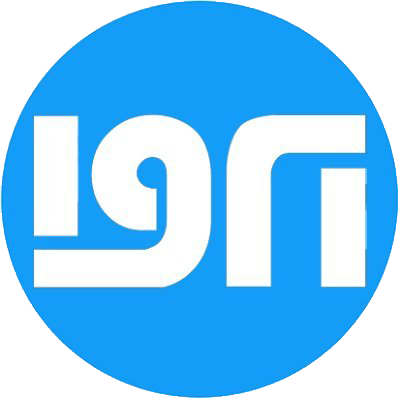
Topic:
Ex-Ante Assessment of Procedural Justice in Climate Adaptation: Insights from AI-Supported Institutional Network Analysis
Date:
November 5, 2024
Speaker:
Kaninik Baradi
Abstract:
Home » Events & Training » IGRI Research Seminar
The IGRI hosts a monthly virtual research seminar that features presentations by scholars from around the world interested in examining the antecedents, structure, and implications of institutional design leveraging the Institutional Grammar.
The seminars are held on the first Tuesday of every month from 12:00 – 1:00 p.m. U.S. Eastern time at the Zoom links listed with each individual seminar. Seminars are typically recorded and posted to the IGRI YouTube Channel.
See below for the schedule of speakers and topics (upcoming & past).

